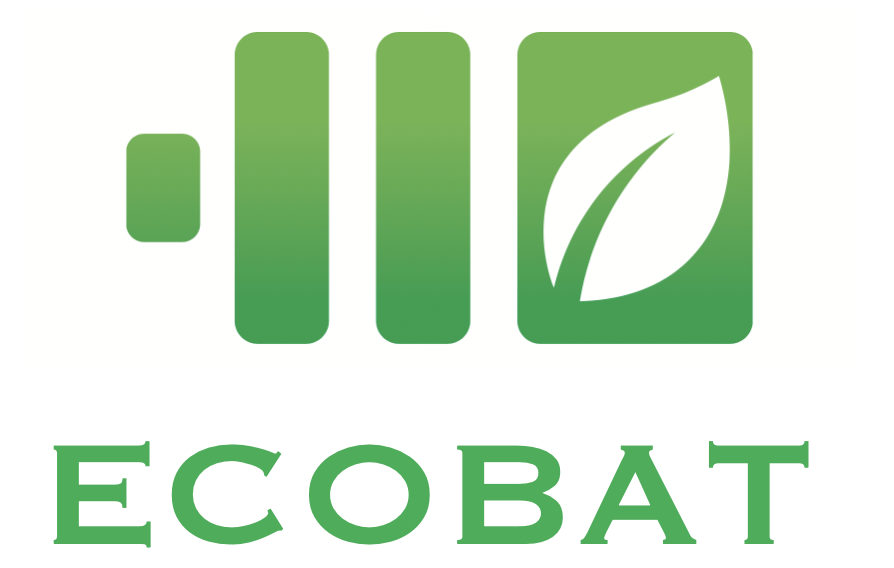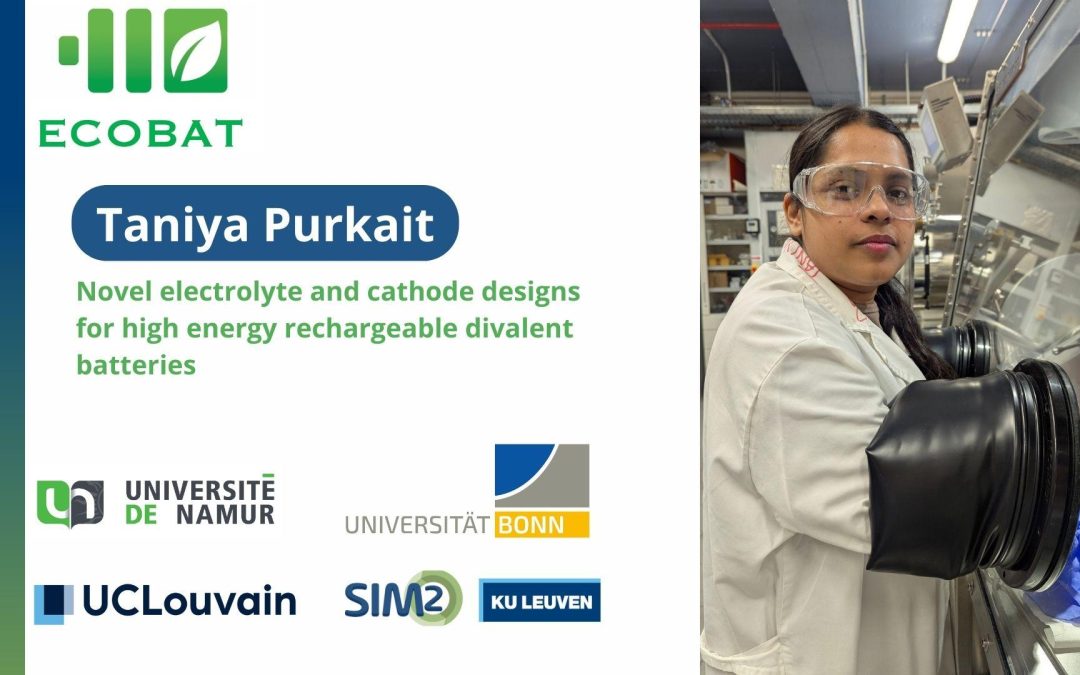Taniya is from Kolkata, West Bengal, India. She did her Master’s at the Indian School of Mines, Dhanbad, and then completed her PhD at the Institute of Nano Science and Technology in Mohali, Northern India.
For her first postdoc, she moved to Europe, working in Spain at the Materials Research Institute of Barcelona (ICMAB-CSIC).
Her research journey has covered a lot of ground—during her PhD, she worked on graphene-based electrodes for supercapacitors and biofuel cells. In her postdoc, she shifted focus to divalent metal battery anodes and electrolytes, specifically working on metal-anode batteries.
Why did you become interested in batteries?
My interest in batteries started during my PhD, where I worked on energy storage and supercapacitors. I was drawn to the field because there’s so much scope—you can explore so many different areas. Over time, I became fascinated by electrochemistry, which led me to my first postdoc in Spain, where I spent almost three years studying the electrochemistry at the metal-anode interface. Now, I’m in Belgium for my second postdoc as a Marie Curie Fellow in Prof. Vlad’s group. I started in September 2024 and will be here for two years, until August 2026.
Looking ahead, my goal is to become a professor and lead my own research group. While I’m not particularly interested in classroom teaching, I love the scientific side of academia—mentoring researchers, leading projects, and driving new discoveries in battery technology.
What are you working on within Ecobat?
I jumped into this project because a lot of exciting research is already happening. I’m working within two work packages (WP) led by Prof. Vlad:
WP1 – Synthesis of organic cathode materials
WP3 – Exploring electrolytes for divalent metal-anode batteries
My focus is on calcium (Ca) batteries, while others in the group are working on different metal systems. One of the biggest challenges with Ca batteries is finding an electrolyte that works well for both the cathode and the anode. Since divalent systems have high polarizing power, it’s difficult for ions to move efficiently from the anode to the cathode. Ca metal is even harder to work with than Li or Na because it tends to get passivated when it comes into contact with organic electrolytes—so finding the right electrolyte is a major challenge. We haven’t solved it yet, but we’re actively searching for solutions!
I collaborate closely with Andrii Kachmar, who is working on reproducing high-performing electrolytes from literature as well as systematically modifying various electrolyte components, to see how these small changes can impact performance. I also work with Robert Markowski on WP1, where he’s developing an anodeless material design—a concept where the cathode already contains the metal in an oxidized form, diminishing the need for an anode. This is different from traditional approaches in the field, and we’re still figuring out the best way to make it work.
Right now, a big part of my work is testing new electrolytes to see if we can outperform the current state-of-the-art options, in terms of having fully reversible metal anode. We’re particularly interested in replacing fluorine-based electrolytes with more sustainable, recyclable organic alternatives to make the technology greener. It’s still a work in progress, but I’m excited to see where it leads!
What makes you interested in this research project?
For me, the most exciting part of this project is the consortium. Different research groups are tackling different aspects of the same big challenge, and when we collaborate, we get to hear different perspectives. That makes the research so much more enriching!
How do you see the batteries of the future?
Batteries are the bridge between renewable energy and our ever-growing energy demand, so battery research isn’t going anywhere—it’s here for the long run. If we want to fight global warming, we need to switch to renewable energy. But renewables alone aren’t enough; we need efficient energy storage, and that’s where battery technology plays a crucial role.
Right now, divalent battery research is still a niche field—it’s not as commercialized as Li-ion. But lithium is a critical raw material (CRM) with major geopolitical and supply chain risks, so we need to find alternatives using more abundant elements. That’s where divalent batteries (like Ca and Mg-based systems) come in. They have great potential, but their performance challenges make them tough to develop.
The future will gradually shift toward divalent alternatives, but it won’t happen overnight. Lithium batteries have near 100% reversibility, which is hard to achieve with divalent systems. Still, I believe they will find their place—especially in small stationary storage, where energy demand is lower. A full transition will take time, but we can’t rely on lithium forever—there simply isn’t enough of it.
Elements like calcium (Ca) and magnesium (Mg) are the 8th and 5th most abundant elements, while lithium is much lower on the list, on the 25thplace. That’s why exploring these alternatives is so important for the long-term sustainability of battery technology.
What motivates you to do research?
I find research fascinating, but I won’t lie—it can also be exhausting, especially with the natural setbacks that come with academia. What really helps is socializing with other researchers. We share similar struggles, and outside of the professional setting, we become friends, talking about not just research, but also the challenges that come with it.
Discussing these experiences is super important—when you realize that others are facing similar hurdles, it helps to talk things through and gain different perspectives. That sense of community makes the journey a lot easier.
What activity helps you to fully disconnect?
Traveling! I love exploring new places—sometimes with friends, sometimes solo. When I can't travel far, I go hiking instead. Being in nature really helps me reset and disconnect from work. My next trips? A family trip to India, and after that, Switzerland!
What technology does not exist but you wish existed?
It’s not exactly a technology, but I wish there was a better way to distribute wealth. Imagine a world without poverty or hunger—where wealth is more decentralized and everyone has access to what they need. I also think we could all benefit from better diplomatic relations between countries, where we focus on peace rather than conflict.
What do you like in Belgium and what do you miss from your home country?
I really love the landscapes in Belgium—it's a small country, but so diverse. It’s fascinating how, in just an hour's drive, the landscape and even the language can change.
Coming from a tropical country, it’s a bit tough to be without the sun for most of the year. I also miss the food from Spain and India, so I often end up cooking my own Indian or Spanish/European dishes. Since I can’t rely on outside food, I’ve learned to bring those flavors into my own kitchen!

